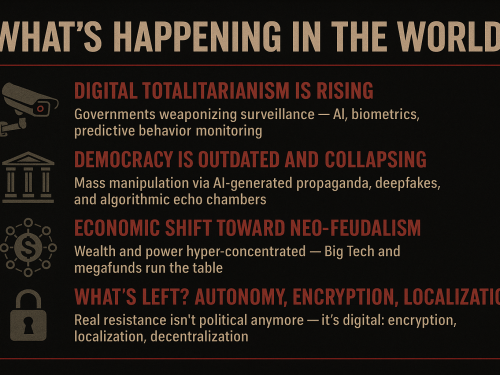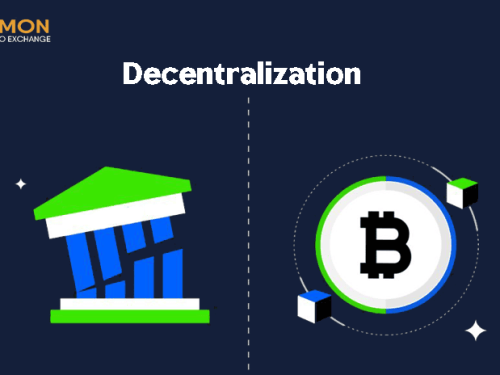Short and actionable - how and why to create multiple privacy profiles on an exchange to split risk, reduce correlation, and keep your digital life both secure and manageable.
In 2025, privacy in crypto is not “an option for paranoids” but a basic security skill. Regulators, ransomware attacks, address surveillance, and hot wallets — all of this makes your transactions and metadata a price many are willing to pay. The ability to properly use privacy tools reduces risks: from theft to physical threats. Below are five tools that are truly worth mastering deeply.
Binance has announced it is joining the T3+ alliance, created by TRON, Tether, and TRM Labs. On the surface, this looks like a “fight against crime,” but in reality, it’s something much more dangerous.
From Face ID to Fingerprints in the Subway Biometric identification is rapidly evolving into a universal tool for verifying identity, gradually replacing traditional documents and passwords. What seemed exotic just a decade ago — fingerprint scanning — is now becoming the dominant form of authentication, from unlocking smartphones to paying for subway rides.
Smart cities promise convenience, but in reality, they enable mass surveillance through 5G, facial recognition, and IoT devices. Discover the hidden control systems behind the technology.
Step-by-step guide to enabling PGP encryption in Psi+ on Windows and Linux: install Gpg4win, generate and assign keys, activate secure messaging with OpenPGP
A brutal breakdown of global change: surveillance rise, democracy collapse, wealth centralization, and digital resistance — the future is now.
Even the largest, most regulated crypto exchanges with billions in trading volume have fallen to hackers. What the history of exchange hacks really teaches us is simple: security isn’t about paperwork — it’s about infrastructure. Anonymous, privacy-first platforms like EXMON that avoid storing personal data often turn out to be far more resilient in the real world.
In a world where your every move is tracked, where your data is bought and sold like a cheap commodity, and where “compliance” is just another word for submission, we stand for something different.
Forget the mainstream “use a VPN and Tor” advice. These methods are helpful but easily detected. This article is about high-level tactics and advanced tools that will let you go off the grid—without leaving a trace.
In the 21st century, decentralization has gone from being a buzzword to a transformative force reshaping finance, technology, and even societal structures. But behind the hype lies something far more profound than just "cutting out the middleman." Let’s dig into why decentralization matters so much in a world dominated by centralized systems.
In today’s world, where data has become one of the most valuable currencies, protecting personal information and erasing digital traces has become an essential task. Every click, search, or post leaves a trace, which can be used for marketing purposes or made available to various services and companies for analysis. But how can we practically erase these traces, especially in an age where every st















